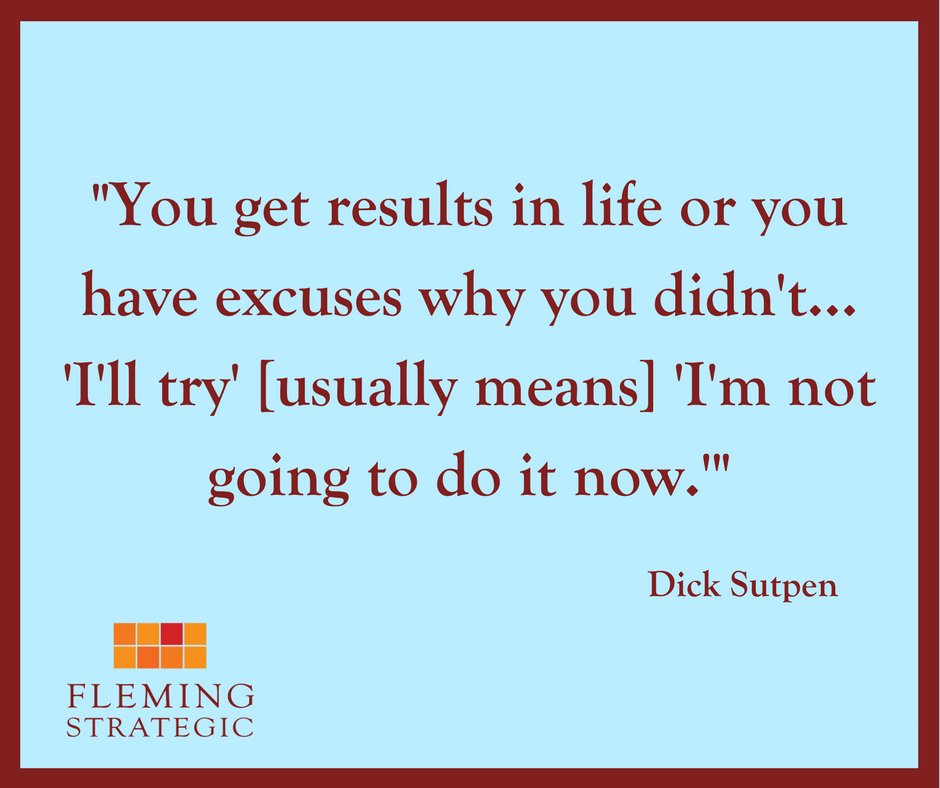Mid-2017 Law firm trends
Here’s an interesting article sharing 10 trends identified by CMOs from mid-sized regional firms.
If you’re working in such a firm, ask yourself whether you are observing these or other trends and how you might respond to them.
If you’re working at a different kind of firm, ask those questions as well as how you might compete against the “mid-sized regional firms” on the basis of these trends.
The most important of these 10 trends, I believe, is:
- Relationships Are Still the Key to Success: In a flat market, the CMO’s agree that moving lawyers away from awareness and credibility activities and toward relationship-oriented activities is paramount.
Does that mean you’re off the hook for writing, speaking, and the like? Of course not. However, if you need to develop business in the short-term (as opposed to having less time pressure), you will see much better results from speaking with potential clients and your network of allies (those who will refer business to you and introduce you to potential clients, as well as opening other doors for you).
How do the trends identified in this article affect you and your business development activity?

